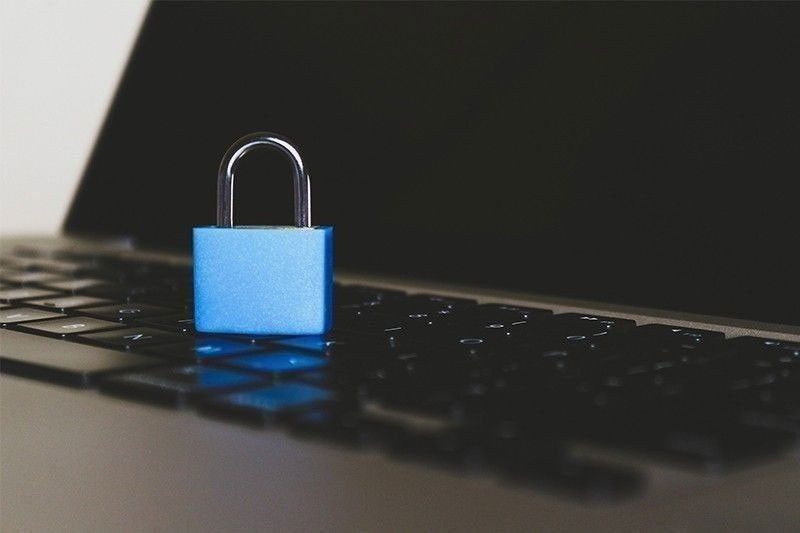Swift passage of anti-piracy bills urged

MANILA, Philippines – An advocacy group is appealing to the government to expedite the passage of anti-online piracy bills due to the reported economic losses and crimes that piracy brings.
In a statement on Facebook, CitizenWatch Philippines said the country has already lost a lot in revenue due to high-tech thieves, who get away from profiting from others' works as the country's 27-year-old Intellectual Property Code is outdated.
"Online scammers must be dealt with swift action which starts with enabling policies that empower effective enforcement. Scammers and pirates thrive on the slow response of regulators who are bogged down by the bureaucracy or by their lack of technological sophistication," CitizenWatch said.
According to the Philippine Statistics Authority (PSA), piracy takes away around 7.1% of the country's gross domestic product. This results in forgone revenue for the country and loss of livelihood, and it even threatens to inflict malware on devices consuming pirated content, which can be a gateway for scams.
The Philippines currently does not have a legislative mandate to block sites with pirated content. The Intellectual Property Office of the Philippines (IPOPHL), the National Telecommunications Commission (NTC), and internet service providers are only teaming up to put up stopgap measures to block sites with pirated content.
In 2022, the Philippines lost around $700 million due to the piracy of Filipino made TV shows and movies, as the country has been named as one of the top consumers of pirated content in Asia, according to a YouGov 2022 Piracy Landscape Survey. IPOPHL Director General Rowel S. Barba estimates that the Philippines will have around $1 billion in revenue leakage in 2027 if concerns regarding online piracy continue.
The IPOPHL said that revising the 27-year-old IP code and mandating authorities to disable access to online sites infringing copyrighted materials will be much welcomed, noting that they have been advocating for its amendment and are ready to implement it once passed.
"What we have right now are just band-aid solutions that hardly address the problem, so it is high time that we amend the existing law for a more comprehensive, sustainable approach to online piracy," CitizenWatch also said.
"Our lawmakers need to show that they are not indifferent to this menace. The time to act was yesterday, but it won't hurt to start catching up now," it added.
IP Code revision to fight piracy also gets another backing as Sen. Mark Villar — chairman of the Senate Committee on Trade, Commerce, and Entrepreneurship — led a public hearing of the amendment to the Intellectual Property Code, particularly on giving IPOPHL with additional powers on Tuesday.
“The Philippine digital economy is valued at $17 billion in 2021 and is projected to expand to $40 billion by 2025. This manifests the changing economic landscape leaning towards digital products and services. We need to ensure that our laws remain on par with the dynamic changes of the digital ecosystem,” Villar added.
Villar also said that the passage of Senate Bill Nos. (SBN) 2150 and 2385 would solve issues on online piracy once enacted into law, by removing the IP Code’s existing limitations to cover electronic and online content within the definition of pirated goods.
- Latest
- Trending




























